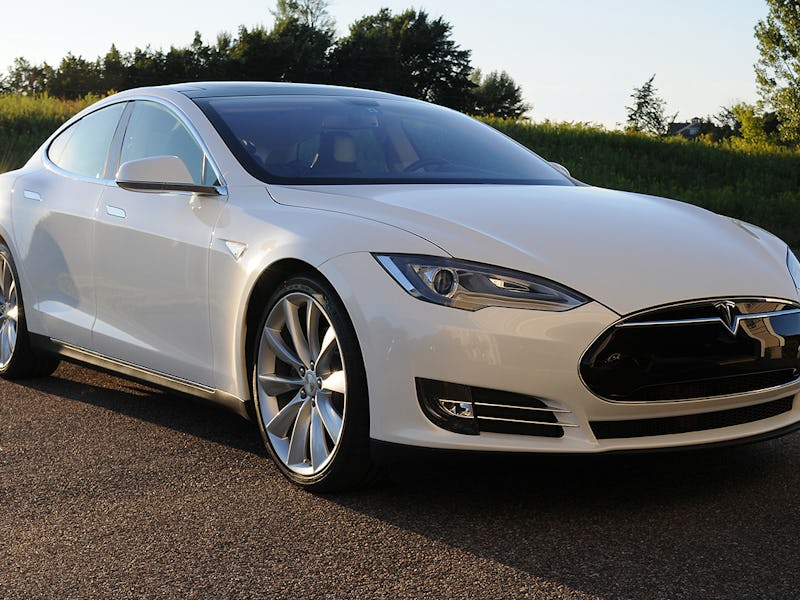Tesla Model X and S Prices Have Been Hiked More Than $20,000: Here's Why

While patriotic Americans were happily distracted by exploding fireworks and tasty pink hotdogs, in Washington D.C. the administration was busy dramatically ramping up its trade war: This weekend, 25 percent tariffs went into effect for hundreds of Chinese products from dishwasher parts to nuclear reactors.
Lots of the products are industrial and component parts, which aren’t necessarily things you’d pick up on your weekly shopping run. But these costs trickle down, and Tesla consumers may be among the first ones to feel the pinch. Over the weekend, local media reports quickly arose that prices on certain Tesla cars like the Model S and the Model X had already been hiked by as much as $20,000, according to the Nikkei Asian Review.
Tesla does big business in China, and may already be feeling the pinch from the trade war.
China is a big market for Tesla, with the company importing about 17,000 cars to China last year, particularly to affluent cities like Shanghai and Beijing, according to the Wall Street Journal. Right now, all of those cars are built in the US and shipped over, making them subject to tariffs of 40 percent. CEO Elon Musk has already all but announced plans to build a factory there to serve the local market, but it’s too soon to know how quickly it could be up and running.
Carmakers have long been wary about the White House’s stance on global trade — cars require a lot of parts — particularly as they pertain to China, the world’s largest market for automobiles. Back in May, Beijing announced that it would be reducing tariffs on imported cars, presumably in an effort to calm the tensions according to the WSJ’s report. That went out the window after the US announced $38 billion in new tariffs on Chinese goods like home appliances and machinery.
The process of reducing tariffs in the name of freeing trade has been a hallmark of the post World War II global order. While it certainly has trade-offs for workers who must begin competing with new firms oversees, its benefits have been perceived as outweighing the cons. Not only does it lead to cheaper, higher-quality products for consumers, but it is also one explanation for reducing the incident of global wars: Countries that do business with one another are less likely to take up arms.
When two giants get into a fight, it’s usually the little guys who suffer the brunt of the collateral damage. While aspiring Chinese electric car owners and US industry alike have plenty to fear from a further escalating trade war, the real victims could very well be those who rely on cheap imports to feed or clothe their families, or those who rely on building or farming exported goods to make a living.